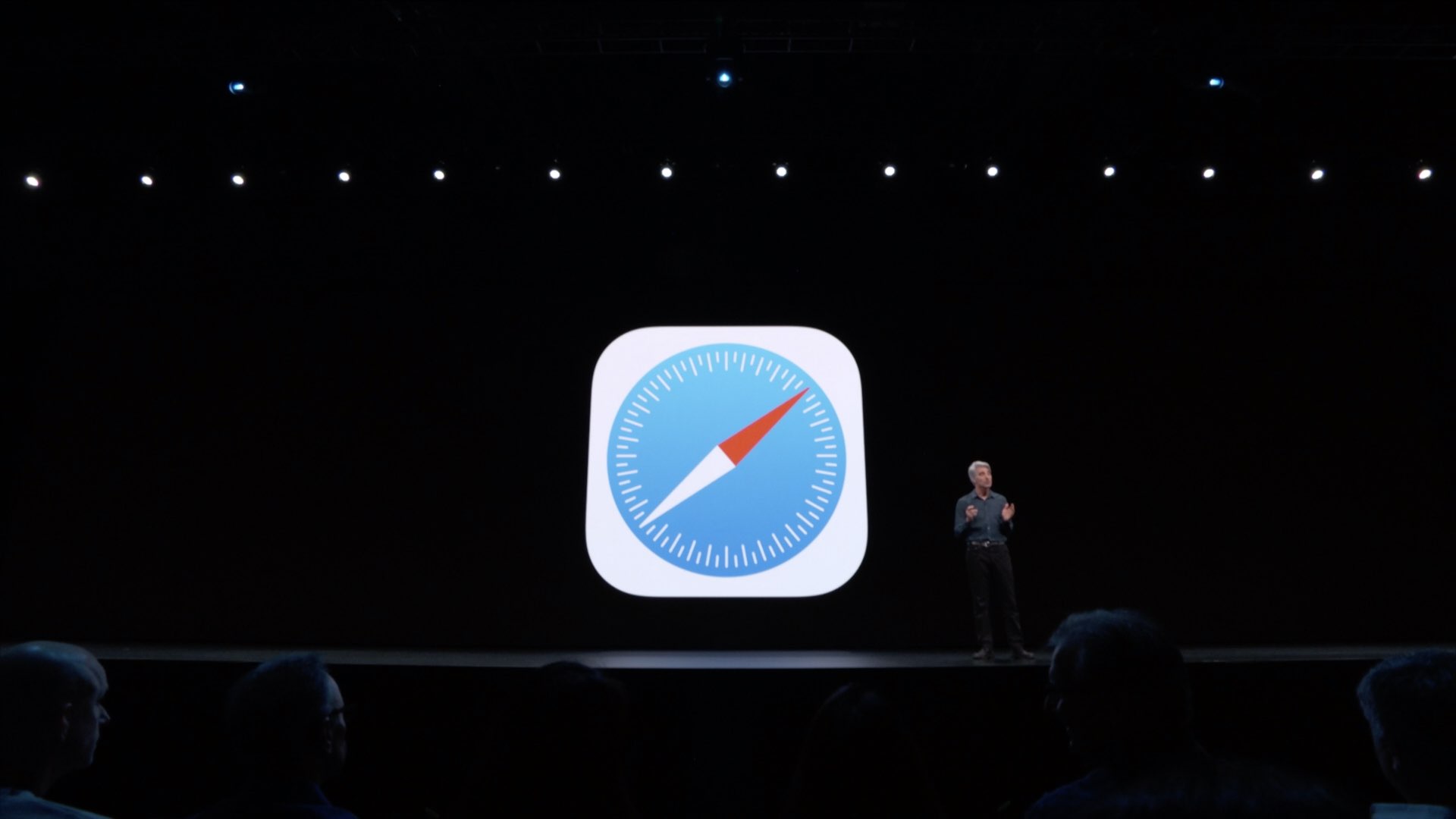
Apple has made an important privacy-focused change to the latest version of its web browser, Safari, for both iOS and macOS users.
As noted today by The Verge, Apple’s WebKit team has updated the current state of Safari and WebKit in a new blog post today. The change? Even more privacy for the Safari user. There are enhancements made to the Intelligent Tracking Prevention feature, now allowing for full third-party cookie blocking.
In the new version of Safari for both iOS and macOS, the cookies for cross-site resources are now blocked by default. This will significantly cut down on cross-site tracking.
It might seem like a bigger change than it is. But we’ve added so many restrictions to ITP since its initial release in 2017 that we are now at a place where most third-party cookies are already blocked in Safari. To keep supporting cross-site integration, we shipped the Storage Access API two years ago to provide the means for authenticated embeds to get cookie access with mandatory user control. It is going through the standards process in the W3C Privacy Community Group right now.
The new Safari change for cookie blocking is available in Safari for macOS Catalina 10.15.4 and iOS 13.4, both of which were just released to the public earlier today.
The long wait is over and the latest update to Safari's Intelligent Tracking Prevention is here: Full third-party cookie blocking and more webkit.org/blog/10218/ful… Safari users, welcome to the future and a safer web!
120 people are talking about this
Safari beat Google’s web browser, Chrome, to the punch on this one as well:
Safari continues to pave the way for privacy on the web, this time as the first mainstream browser to fully block third-party cookies by default. As far as we know, only the Tor Browser has featured full third-party cookie blocking by default before Safari, but Brave just has a few exceptions left in its blocking so in practice they are in the same good place. We know Chrome wants this behavior too and they announced that they’ll be shipping it by 2022. We will report on our experiences of full third-party cookie blocking to the privacy groups in W3C to help other browsers take the leap.
Safari is the first mainstream browser to take this step for user privacy while browsing the web, but hopefully it won’t be too long before the other browsers implement the same feature.
